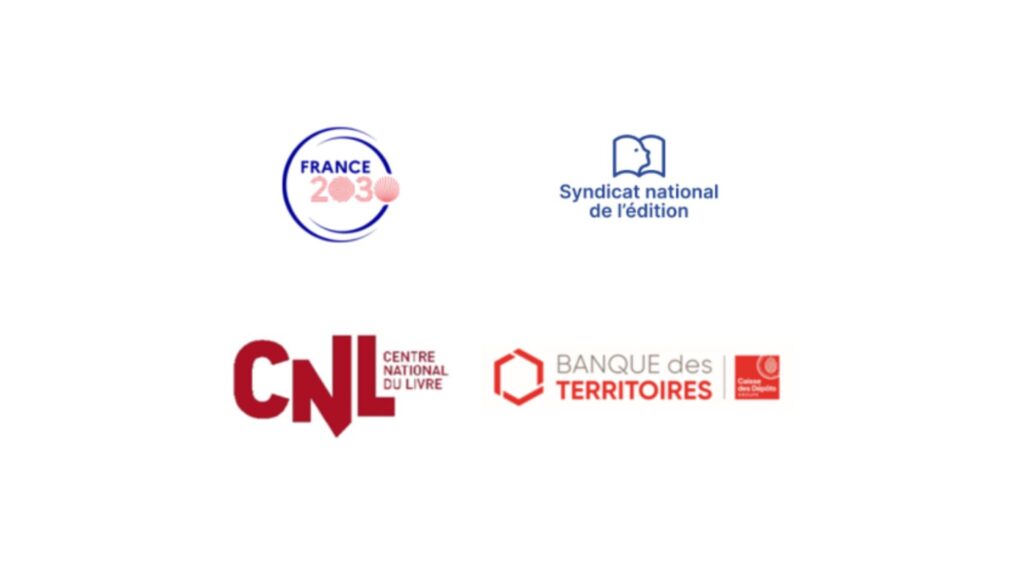Supported by France 2030 and the Centre National du Livre, this new program aims to guide publishers toward eco-friendly practices through actionable tools and resources.
Recognising the environmental impact of the book publishing industry, the SNE has been actively encouraging its members to adopt sustainable approaches. This new program builds on these efforts by providing a roadmap with a two-year span (2025-2026) that seeks to unite publishers of all sizes around common environmental goals, including:
- Calculate: implementation of a carbon footprint calculator in the form of a digital platform usable by publishers allowing them to measure the CO2 emissions of each work produced.
- Analyze: carrying out life cycle analyses and monitoring their individual trajectory of two printed works (and their digital equivalent), with the objectives of supporting decision-making and finding levers for improving environmental performance.
- Training: creation of a training tool on environmental issues in our sector for employees of publishing houses, with an e-learning module and a face-to-face module.
Through these three key areas, Responsible Chapters aims to equip publishers with the tools and knowledge needed to become eco-responsible. This initiative builds on the SNE’s commitment to sustainability, which includes publishing an environmental charter, joining the UN Publishers Compact, and hosting a series of webinars on green practices. SNE also tracks industry-wide environmental data like paper use, recycling, and certification rates. With Responsible Chapters, the SNE hopes to participate in leading the publishing industry toward a more sustainable and environmentally conscious future.
This is a great initiative from one of our members. To see more such initiatives, visit our SDG Publishers Compact here.

